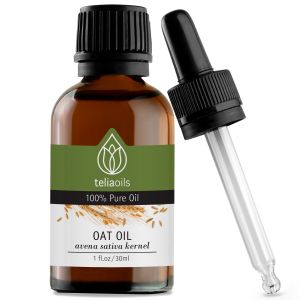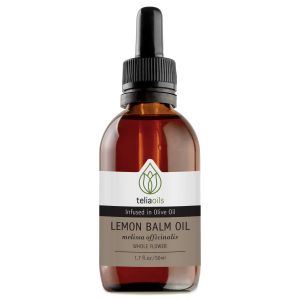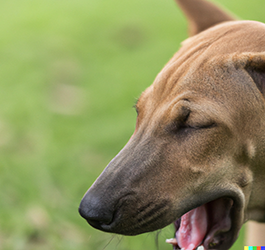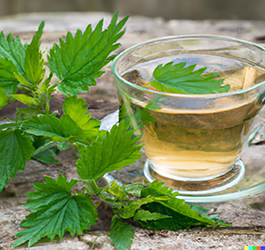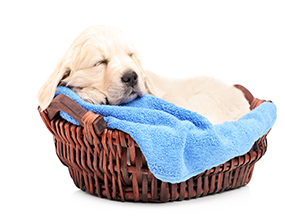How To Recognize A Sensitive Scalp
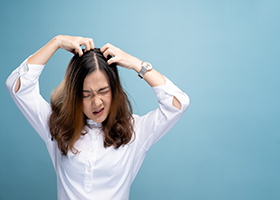
If you have ever experienced itching, irritation, or dryness on your scalp, you may have a sensitive scalp. While it is common to experience these symptoms occasionally, if they persist, it could be a sign of a more significant issue. In this article, we will explore how to recognize a sensitive scalp and offer tips on how to manage it.
Itching
One of the most common signs of a sensitive scalp is itching. If you find yourself constantly scratching your head, even when there is no visible dandruff or other scalp issues, it could be a sign of sensitivity. The itching may be accompanied by a feeling of tightness or discomfort, which can be exacerbated by wearing hats or other tight-fitting headgear.
Irritation
Another sign of a sensitive scalp is irritation. This can manifest as redness, flakiness, or even bumps on the scalp. The irritation may be localized to one area or spread across the entire scalp. If you notice any of these symptoms, it is important to avoid scratching or picking at the affected area, as this can cause further damage to the scalp.
Dryness
Dryness is another common symptom of a sensitive scalp. If your scalp feels tight, flaky, or dry, it could be a sign that it is not getting enough moisture. This can be caused by a variety of factors, including harsh shampoos, cold weather, or even genetics. To combat dryness, it is essential to use a gentle, hydrating shampoo and conditioner and to avoid over-washing the hair.
Choose the Right Products – Keep A Good Hair Hygiene
If you are experiencing any of these symptoms, there are several things you can do to manage your sensitive scalp. First, it is important to choose the right products for your hair and scalp type. Look for gentle, sulfate-free shampoos and conditioners that are specifically formulated for sensitive scalps. Avoid products that contain harsh chemicals, fragrances, or dyes, as these can irritate the scalp. In addition to using the right products, it is important to practice good hair hygiene. This includes washing your hair regularly, but not too frequently, as over-washing can strip the scalp of its natural oils. It is also important to avoid using hot tools, such as hairdryers and straighteners, as these can further damage the scalp.
Professional Guidance
If your symptoms persist despite these measures, it may be time to see a dermatologist or hair care professional. They can help to diagnose any underlying conditions, such as seborrheic dermatitis or psoriasis, which may be contributing to your sensitive scalp. They may also recommend specialized treatments, such as medicated shampoos or corticosteroid creams, to help manage your symptoms.
In conclusion, recognizing the signs of a sensitive scalp is the first step in managing this common condition. If you are experiencing itching, irritation, dryness, or other symptoms, it is important to take steps to care for your scalp and avoid further damage. With the right products, hygiene habits, and professional guidance, you can manage your sensitive scalp and enjoy healthy, comfortable hair.

 de
de el
el
